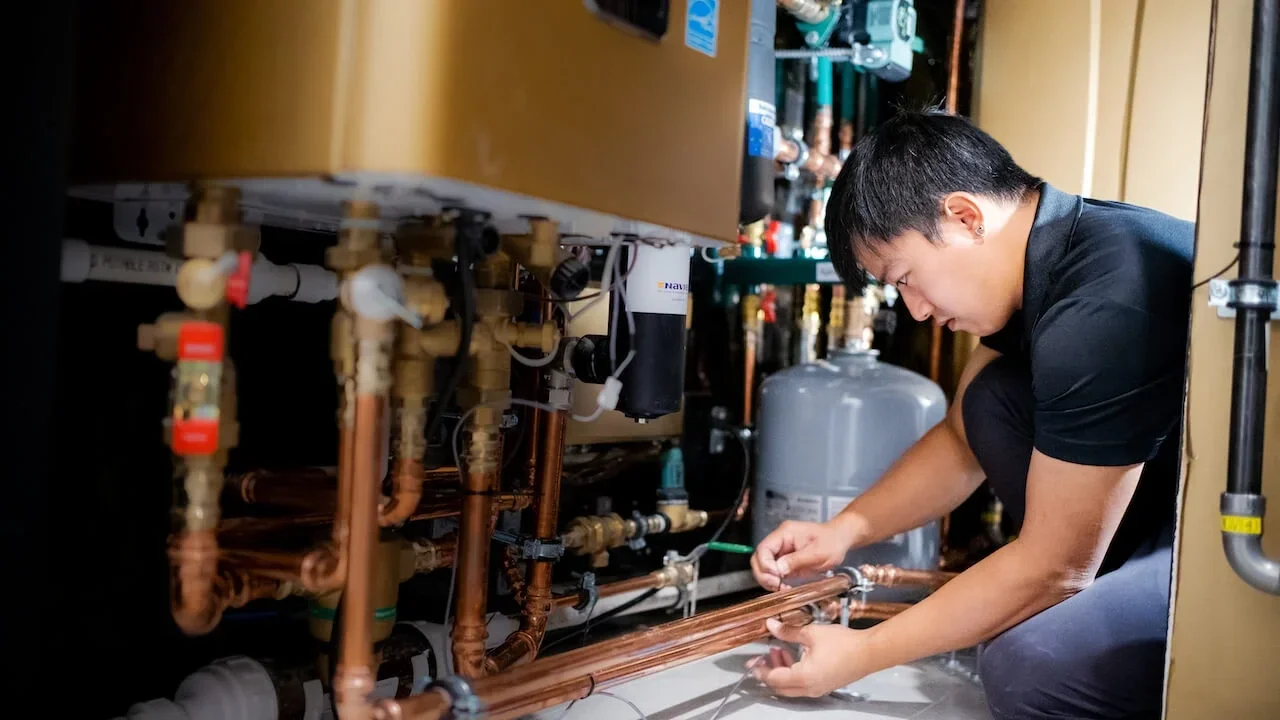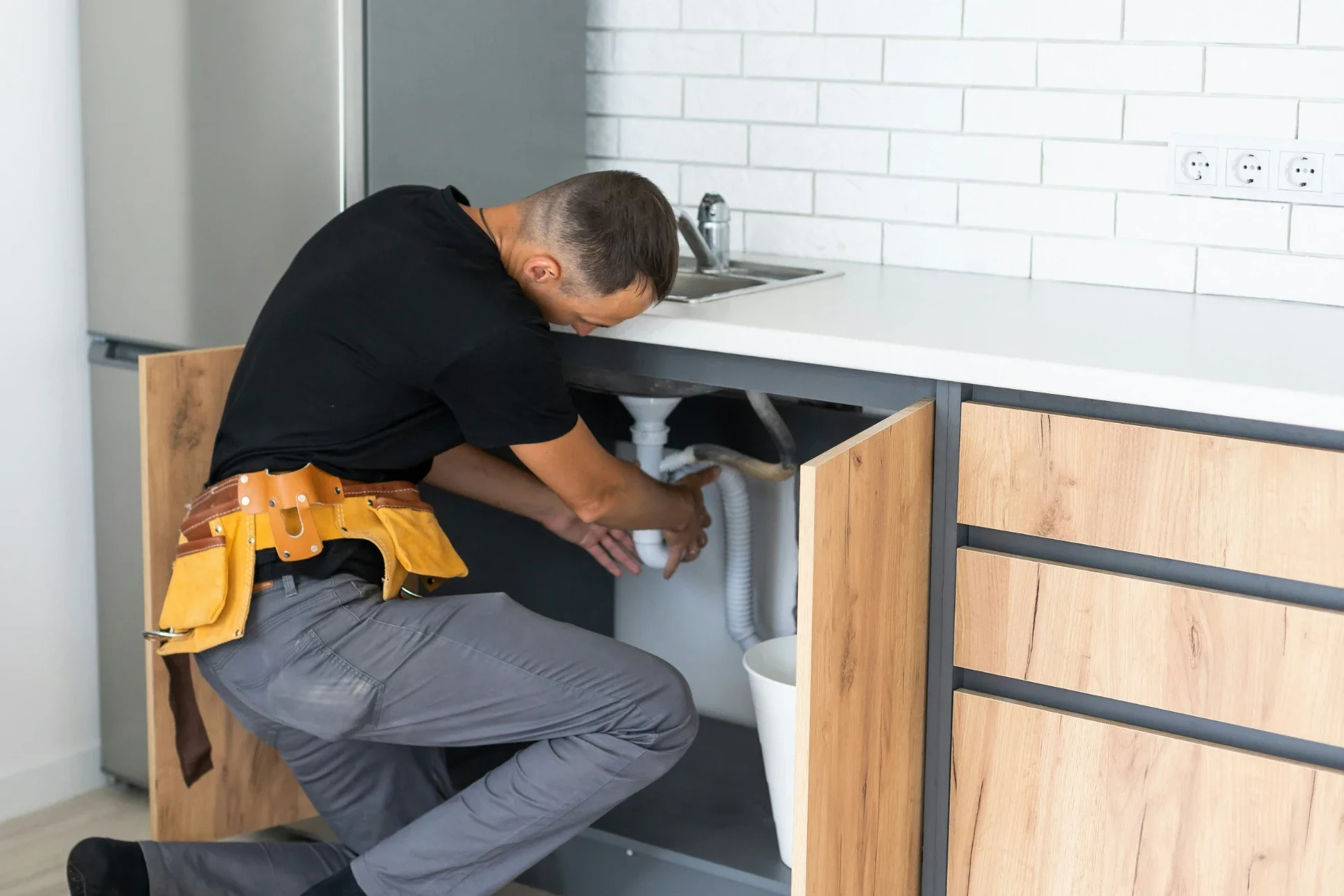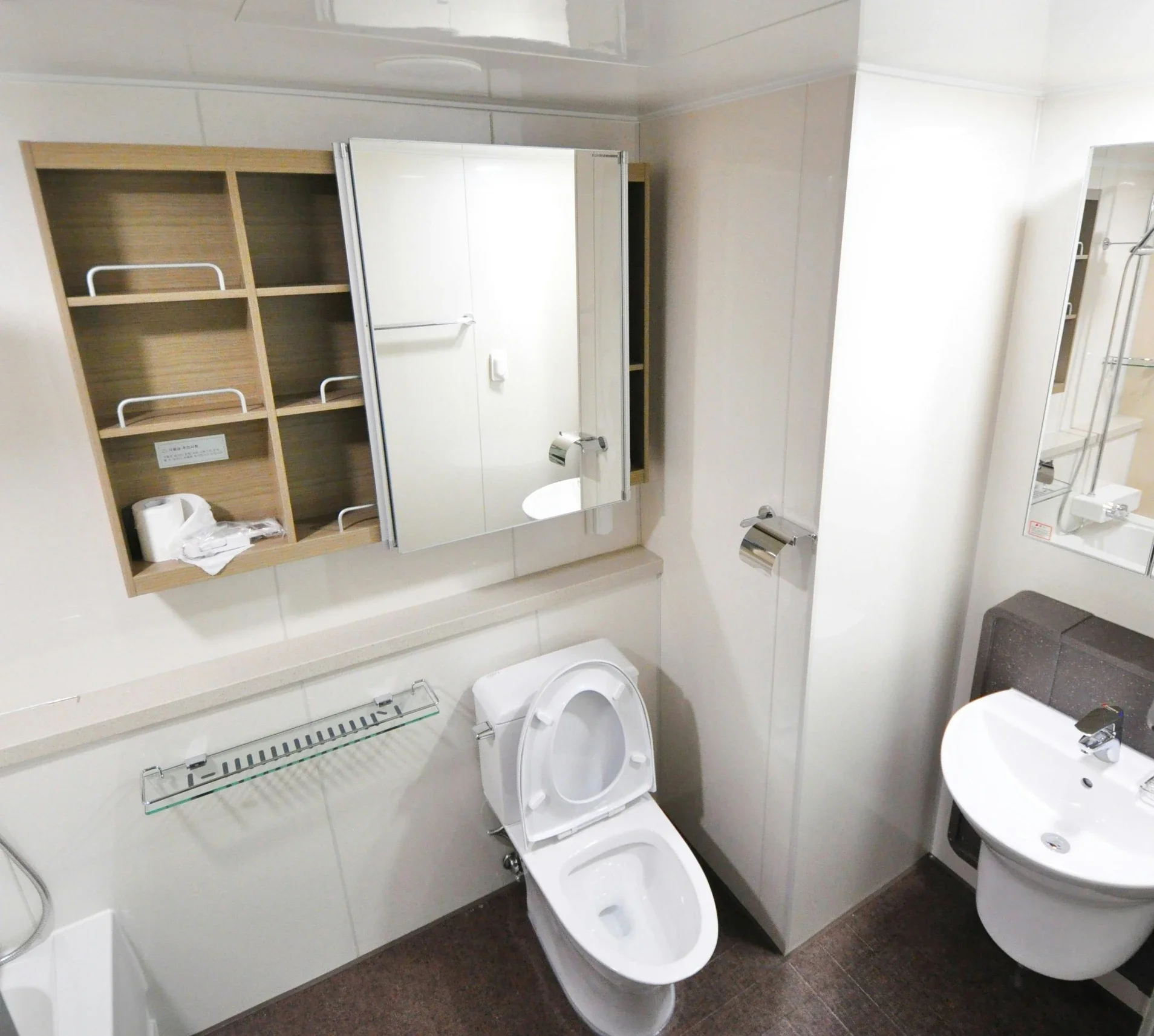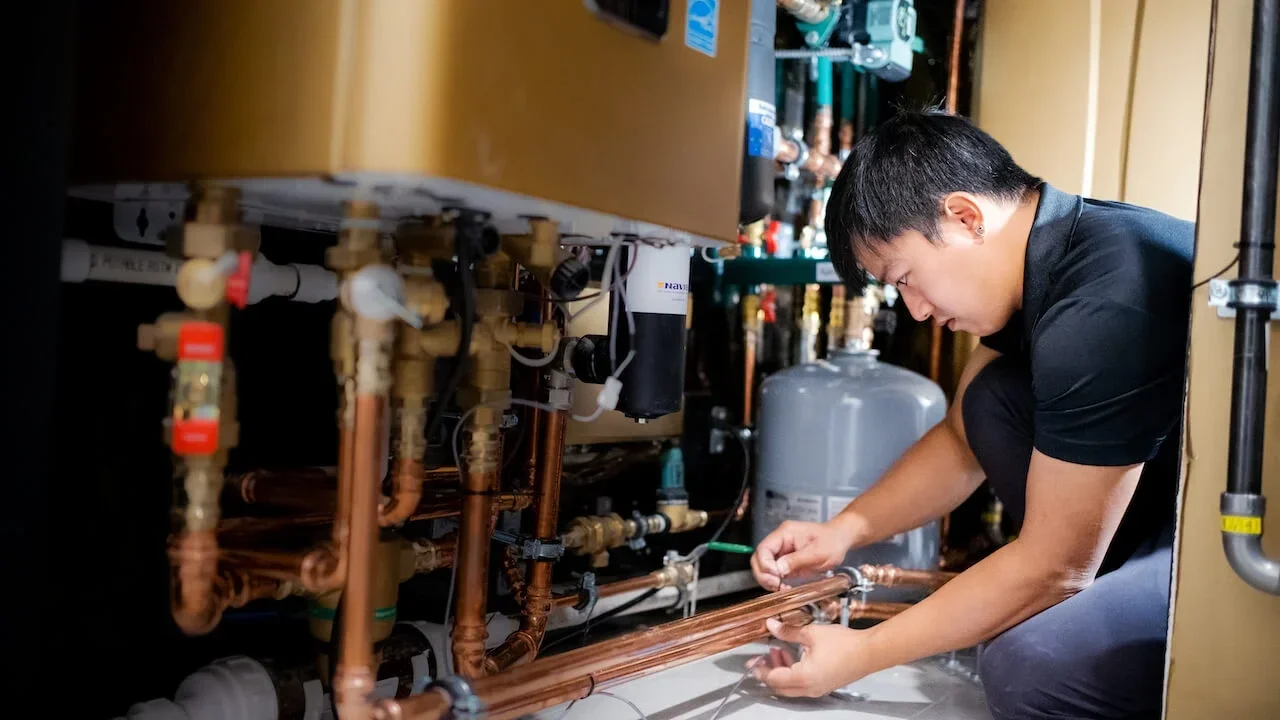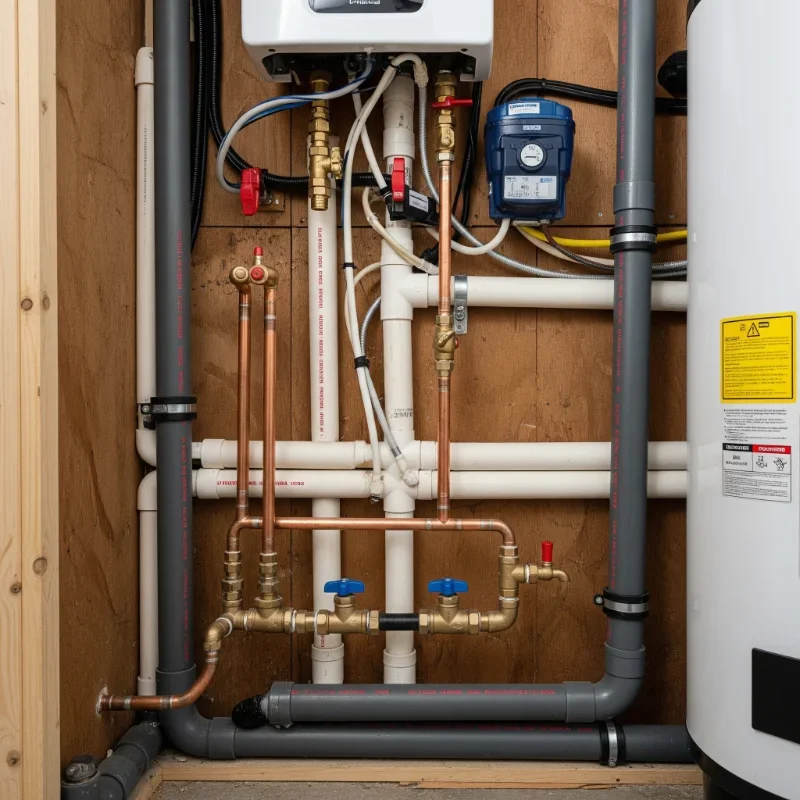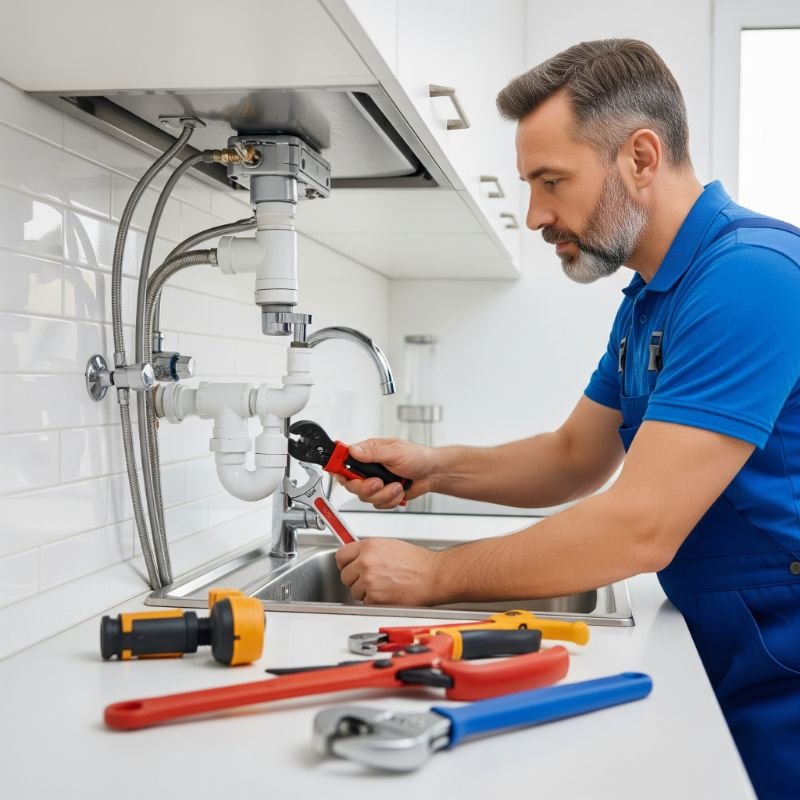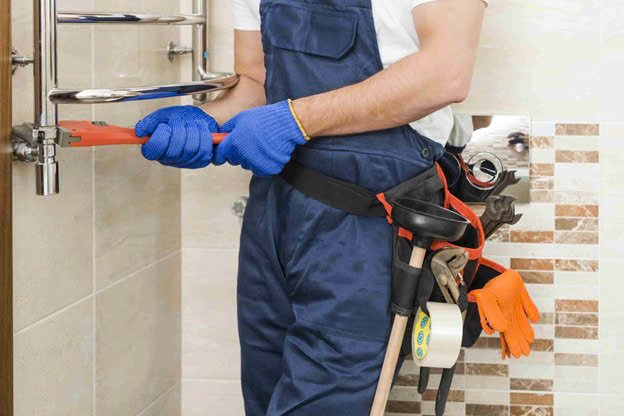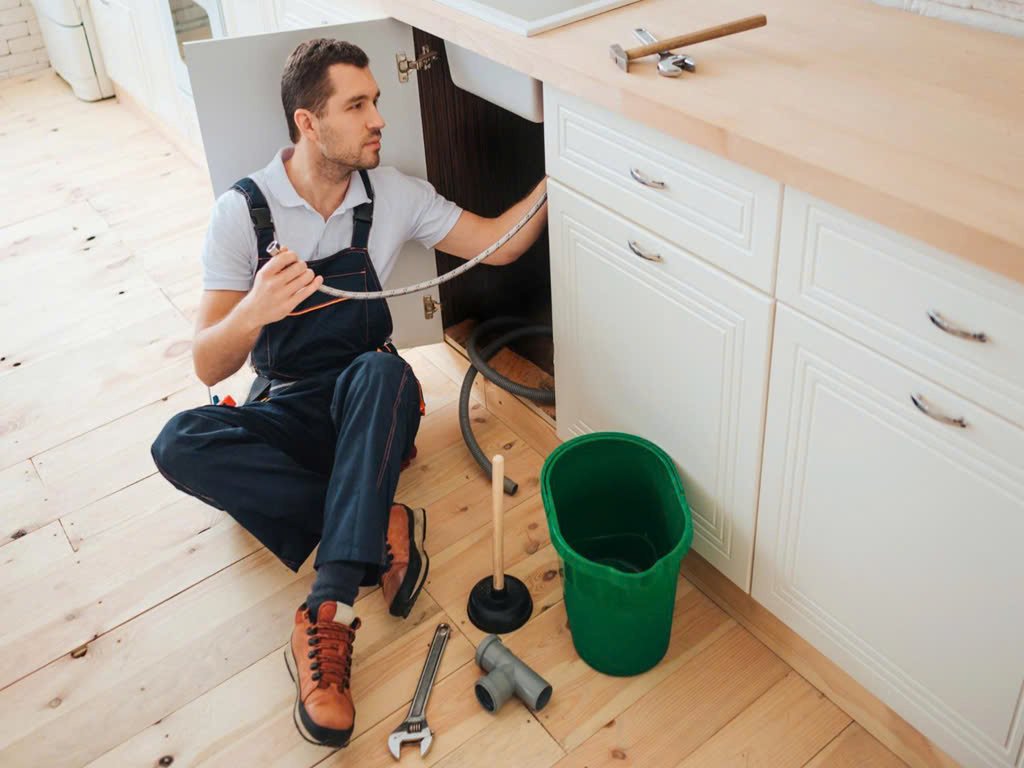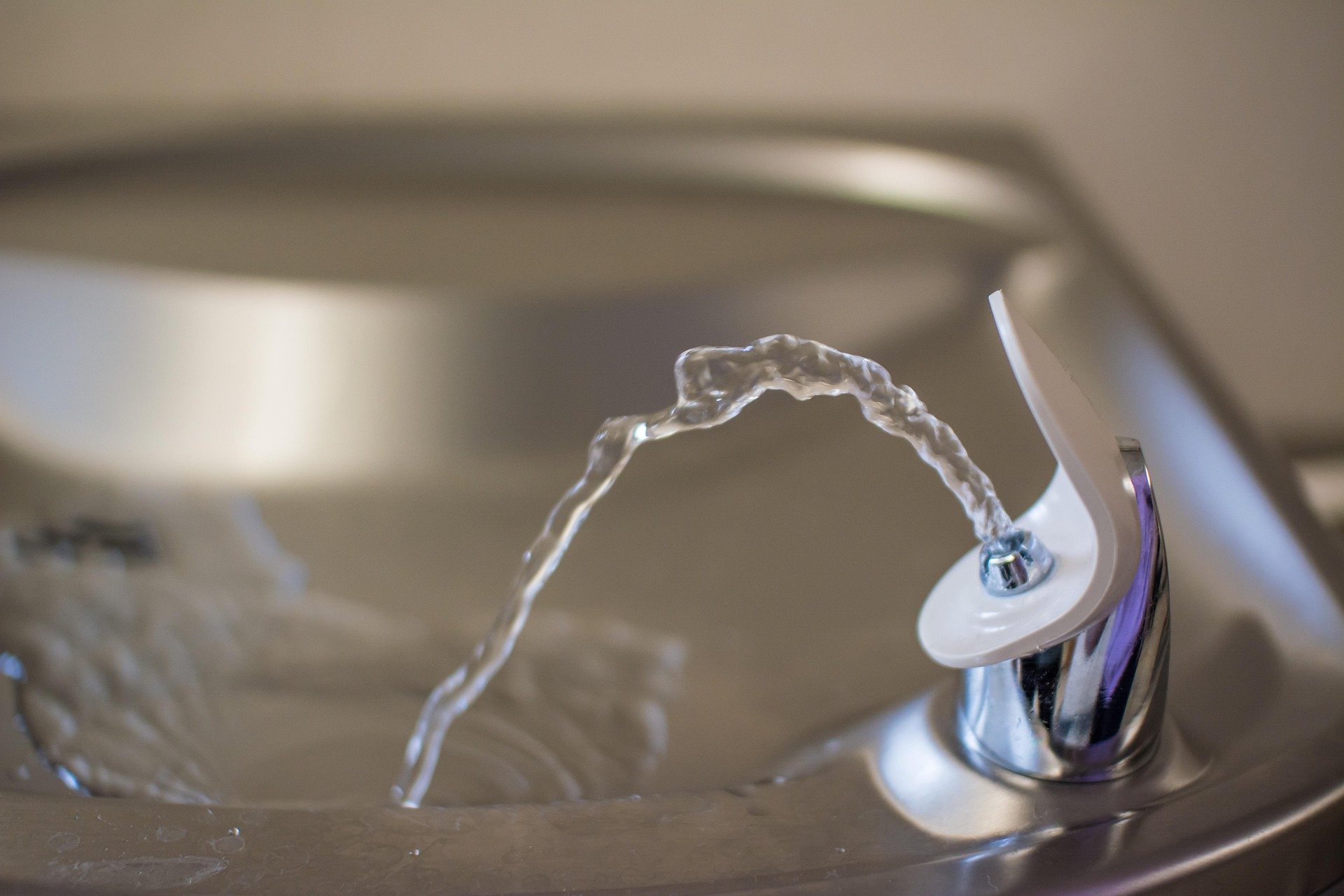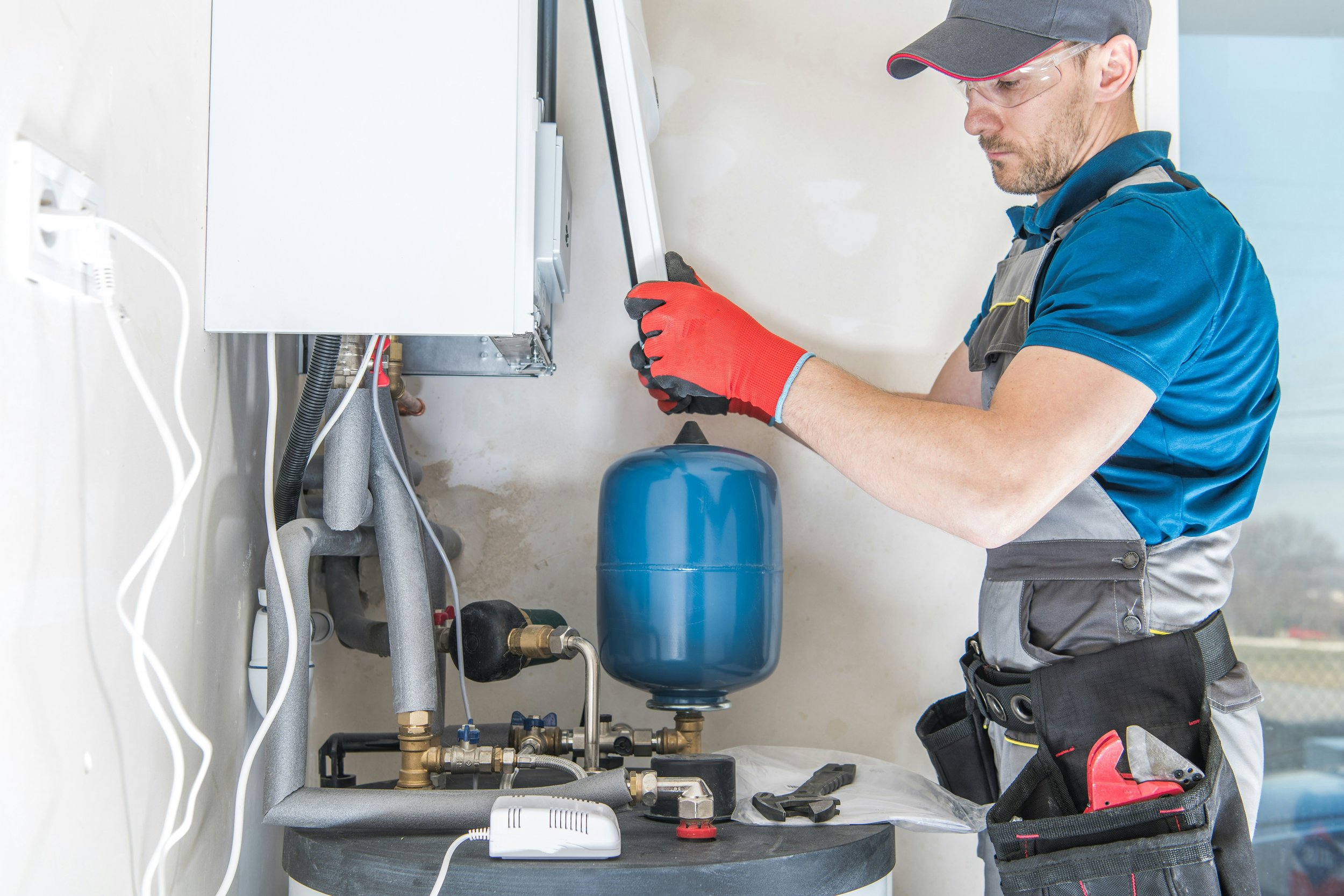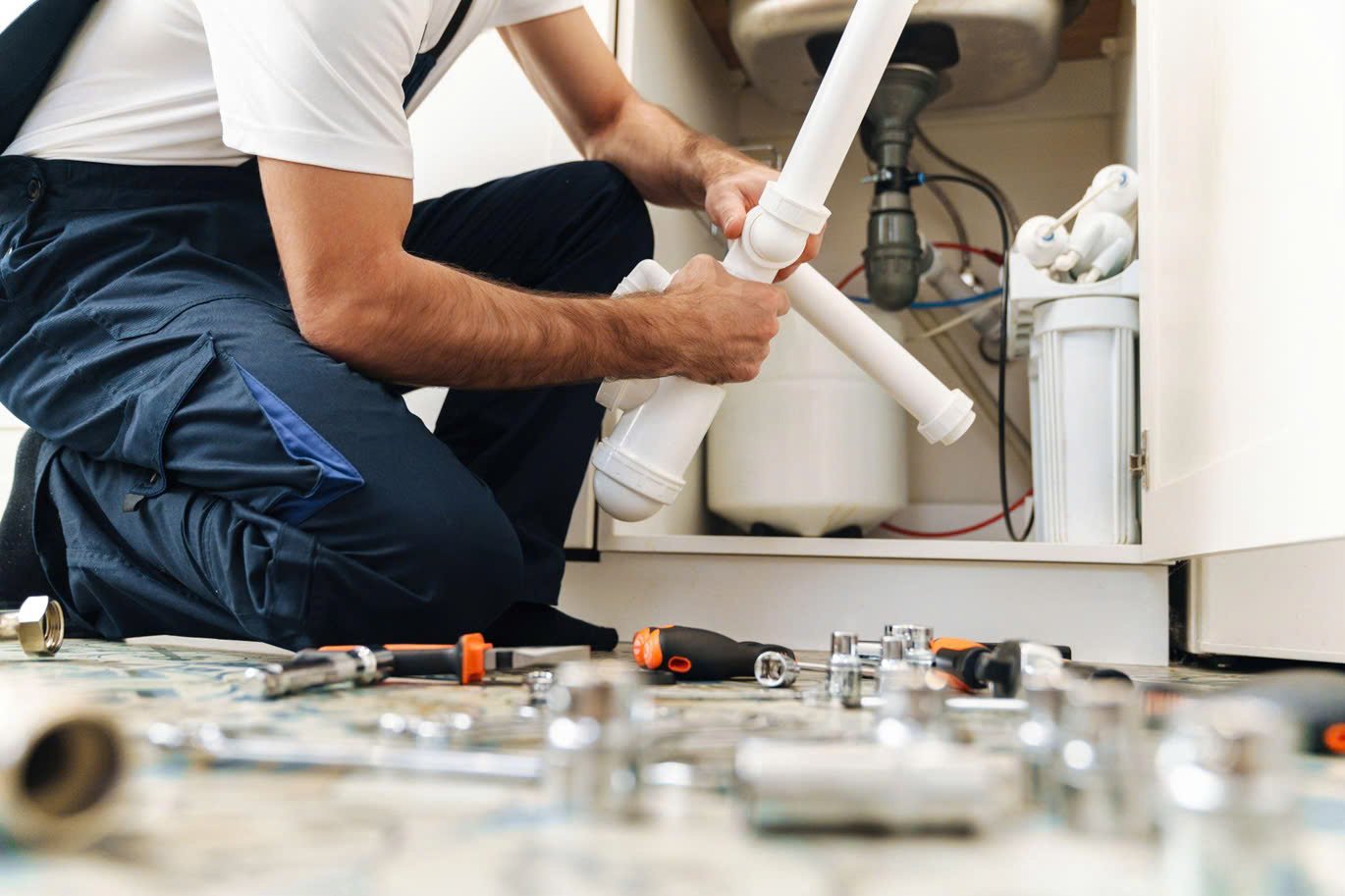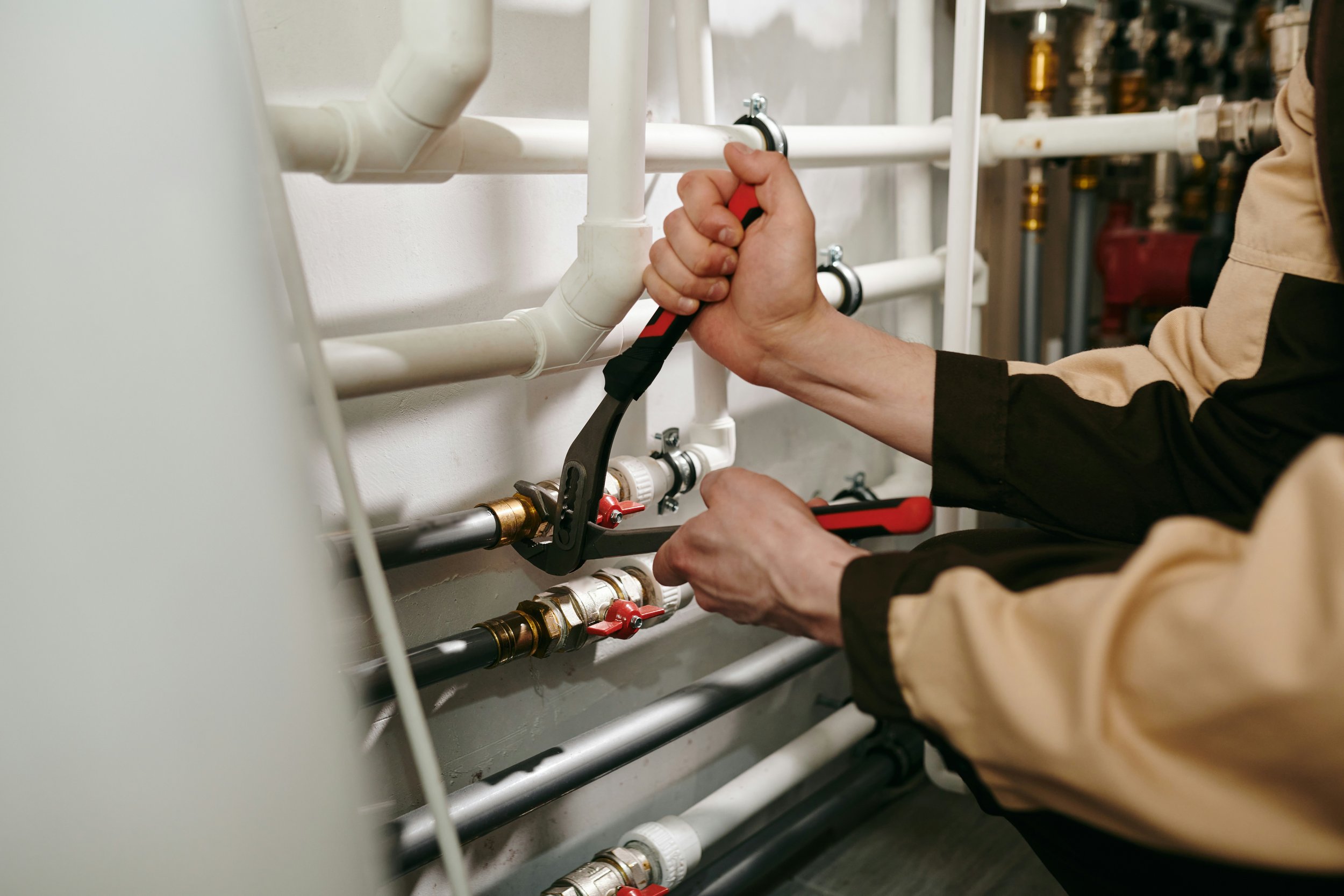How to Sell Your Plumbing Business: A Complete Owner's Roadmap
Discover the essential steps to sell your plumbing business successfully, from valuation and marketing to finding the right buyer and closing the deal.
Plumbing companies are among the most attractive service businesses on the market, thanks to their essential role and steady demand. Unlike seasonal or discretionary services, plumbing addresses critical infrastructure issues that homeowners and businesses cannot postpone. If you have been thinking, “Is now the time to sell my plumbing business?” understanding what drives buyer interest and how you can prepare for it can help you achieve a successful, profitable exit.
The industry’s recession-resistant nature appeals to a wide range of buyers, from independent entrepreneurs to private equity groups focused on stable, cash-flowing acquisitions. That ongoing demand creates a strong foundation for owners looking to move on while maximizing their business’s value.
Understanding What Drives Plumbing Business Value
Several key factors distinguish valuable plumbing companies from average operations. Recognizing and optimizing these elements can significantly impact your final sale price.
Professional Licensing and Regulatory Assets
Master plumber licenses form the foundation of valuable plumbing businesses. These credentials often require years of training and experience that cannot be quickly replaced, creating barriers to entry that protect business value.
Maintain current licensing for all required specialties, including residential, commercial, and industrial plumbing. Additional certifications for backflow prevention, gas line installation, or green plumbing systems expand your service capabilities and buyer appeal.
Document your licensing compliance history and safety records. Clean regulatory records demonstrate professional operations and reduce buyer concerns about potential liabilities or compliance issues that could affect future operations.
Established Customer Relationships and Service Patterns
Long-term customer relationships provide the stability that buyers seek when evaluating plumbing businesses. Regular maintenance contracts, emergency service agreements, and repeat commercial clients demonstrate predictable revenue streams.
Track customer retention rates and service frequency patterns. Customers who call annually for maintenance or contact you first for emergencies represent valuable assets that transfer with business ownership.
Organize customer data to show relationship depth and service history. Include information about property types served, average job values, and seasonal service patterns that help buyers understand revenue potential and operational requirements.
Recurring Revenue Contracts and Maintenance Programs
Service contracts for commercial properties, apartment complexes, and institutional buildings create predictable monthly income that buyers value highly. These agreements provide revenue visibility and reduce customer acquisition costs.
Document your contract terms, renewal rates, and pricing structures. Long-term agreements with schools, hospitals, or office buildings often command premium valuations due to their stability and size.
Track emergency service call patterns and response capabilities. Businesses with established emergency service reputations often maintain higher pricing power and customer loyalty that translates to increased business value.
Preparing Your Plumbing Business for Maximum Value
Proper preparation can significantly enhance the value of your business sale while reducing transaction time and complications.
Financial Organization and Performance Documentation
Clean financial records accelerate buyer evaluation and support higher valuations. Organized books demonstrate business professionalism and operational maturity that buyers seek.
Separate personal and business expenses completely. Many plumbing business owners use company vehicles for personal use or mix family expenses with business costs, which reduces apparent profitability and creates buyer confusion.
Organize revenue by service category to show income diversity. Break down earnings from emergency calls, scheduled maintenance, new construction projects, and specialty services to demonstrate business stability and growth opportunities.
Prepare detailed cash flow statements that show seasonal patterns and working capital requirements. Buyers need to understand payment timing and seasonal variations to plan their financing and operational strategies.
Brand Development and Market Positioning
Strong local reputation and professional image add significant value to plumbing business sales. Buyers prefer companies with established market presence over those requiring extensive marketing investment.
Compile evidence of your market position including customer reviews, Better Business Bureau ratings, and community involvement. Professional branding materials and consistent marketing presence demonstrate business maturity.
Document your marketing systems and lead generation methods. Buyers want assurance they can continue attracting customers through proven channels rather than rebuilding marketing systems from scratch.
Reputation Management and Customer Satisfaction
Your business reputation directly impacts customer retention and pricing power, both critical factors in business valuation. Strong reputations often justify premium purchase prices.
Gather customer testimonials and satisfaction surveys that demonstrate service quality. Include response time statistics and problem resolution procedures that show operational excellence.
Address any negative reviews or customer complaints before marketing your business. Unresolved reputation issues can become negotiation points that reduce your final sale price.
Finding the Right Buyers for Your Plumbing Company
Different buyer types bring varying capabilities and expectations to plumbing business acquisitions. Understanding these differences can help you target your marketing effectively.
Local Competitors and Strategic Acquirers
Competing plumbing companies often make ideal buyers because they understand your market and can integrate operations efficiently. These strategic buyers typically move quickly and pay competitive prices.
Research competitor expansion patterns and acquisition activity in your area. Companies seeking geographic growth or service line expansion may view your business as an attractive strategic acquisition.
Approach competitor discussions carefully to maintain confidentiality while gauging serious interest. Brokers or advisors can help maintain confidentiality during early conversations.
Private Investors and Financial Buyers
Individual investors and investment groups increasingly target service businesses like plumbing companies for their cash generation potential and market stability.
Service businesses often attract investors because they generate consistent cash flows and require relatively modest ongoing capital investment compared to manufacturing or retail operations.
Prepare detailed financial projections and growth plans for investor presentations. Financial buyers evaluate businesses based on return potential and scalability rather than operational synergies.
Franchise Organizations and Corporate Buyers
National plumbing franchises and service company consolidators actively acquire independent operations to expand their market presence and achieve economies of scale.
Research franchise expansion plans and acquisition criteria in your region. Many franchise organizations prefer acquiring established businesses rather than starting new locations from scratch.
Consider whether franchise affiliation aligns with your business culture and customer base. Some customers prefer independent operators over franchise systems, which may impact the success of the transition.
Successfully Closing Your Business Sale
The final stages of selling a plumbing company require attention to legal details and transition planning that protect both parties' interests.
Legal Structure and Tax Optimization
The business sale structure significantly impacts your tax liability and net proceeds. Work with qualified professionals to optimize the transaction for your specific situation.
Understand asset sales versus stock sales and their different tax implications. Asset sales often provide buyer advantages but may increase seller tax liability, requiring careful structuring to optimize outcomes.
Transition Planning and Operational Continuity
Smooth ownership transitions protect business value and ensure customer satisfaction during the changeover period. Poor transitions can damage customer relationships and reduce business value.
Plan adequate overlap time to train new owners on operational procedures, customer relationships, and supplier arrangements. Develop customer communication strategies that professionally introduce new ownership while maintaining service confidence. Include scripts for handling customer questions and concerns about ownership changes.
Develop employee retention strategies for key team members. Experienced plumbers and customer service staff represent significant value that buyers want to preserve during transitions.
Achieving Your Exit Objectives
When you are ready to sell your plumbing business, success comes from systematic preparation, professional guidance, and clear expectations. Focus on strengthening the operational systems and customer relationships that make your business an attractive investment.
Start your preparation early and invest in professional advice from experienced business brokers, attorneys, and tax advisors who understand service business sales. The proper preparation and guidance can help you achieve optimal results while ensuring successful transitions for all parties involved.
Remember that successful sales extend beyond purchase price. Consider your post-sale objectives, transition involvement, and deal structure when evaluating offers to ensure your exit strategy meets all your personal and financial goals.
